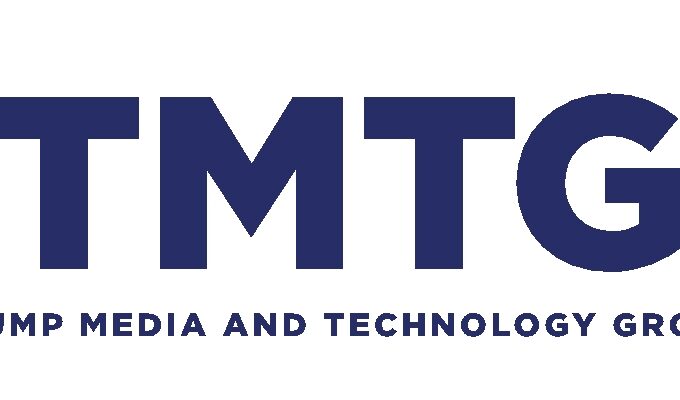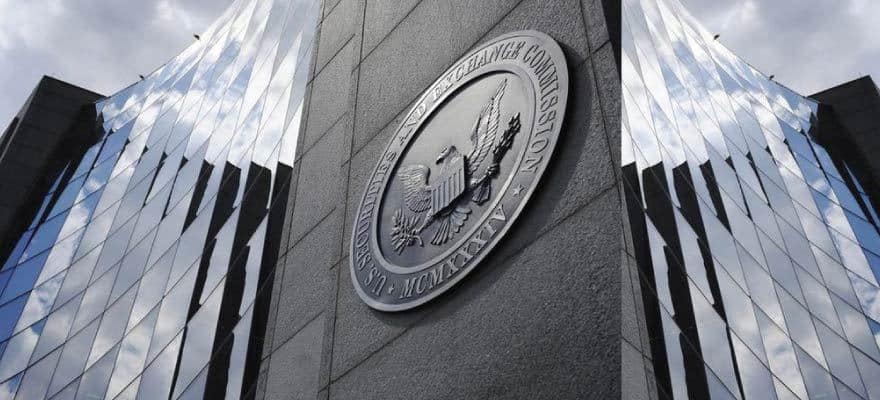
US Marshals Service Taps Coinbase Prime for Crypto Custody and Trading
The United States Marshals Service (USMS), a federal law enforcement agency under the Department of Justice, has selected Coinbase Prime to provide custody and advanced trading services for its portfolio of large-cap digital assets. This decision follows a competitive due diligence process that evaluated various solutions, with Coinbase emerging as the top choice due to its strong track record and ability to securely manage institutional-grade crypto services at scale.
The contract, awarded to Coinbase’s institutional investing arm, is structured as a single-award Indefinite Delivery/Indefinite Quantity (IDIQ) agreement. It spans an initial ordering period of five years, with a potential six-month extension. According to government records, the value of this contract exceeds $32 million.
This partnership aims to address the USMS’s need for efficient management and disposal of substantial quantities of popular cryptocurrencies, classified as “Class 1” digital assets. Coinbase Prime will be responsible for implementing storage and liquidation techniques in compliance with Department and USMS policies, streamlining the custody, management, and disposal processes for cryptocurrency assets seized in federal law enforcement operations.
Coinbase’s selection for this role builds upon its longstanding history of supporting law enforcement agencies, dating back to the founding of its law enforcement program in 2014. The company currently collaborates with major U.S. federal, state, and local law enforcement agencies, as well as international bodies across all continents.
As of March 31, 2024, Coinbase Prime safeguarded $330 billion in assets and recorded $256 billion in institutional trading volume in the first quarter of the year. The platform has become a preferred choice for institutions and large holders of digital assets, including being the primary partner for a majority of spot crypto ETFs.
This development comes at a time when Coinbase faces ongoing legal challenges, including a civil lawsuit filed by the U.S. Securities and Exchange Commission in June 2023. The company has also initiated lawsuits against the SEC and the Federal Deposit Insurance Corporation, alleging non-compliance with Freedom of Information Act requests.





